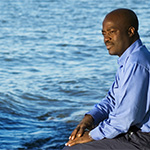
Tags: British Columbia, faculty, FERU, fisheries economics, ocean economy, Rashid Sumaila, Research, sustainability, Sustainable Development Goals (SDG)
The ocean is very valuable to B.C., in terms of GDP, jobs, and income.

Tags: Deng Palomares, IOF Research Associates, ocean ecology, Research, Sea Around Us, sustainability, Sustainable Development Goals (SDG)
New research examined the progress of the UN's “Sustainable Development Goal (SDG) 14: Life Below Water”, and more than 70% of countries have not achieved a single target so far.
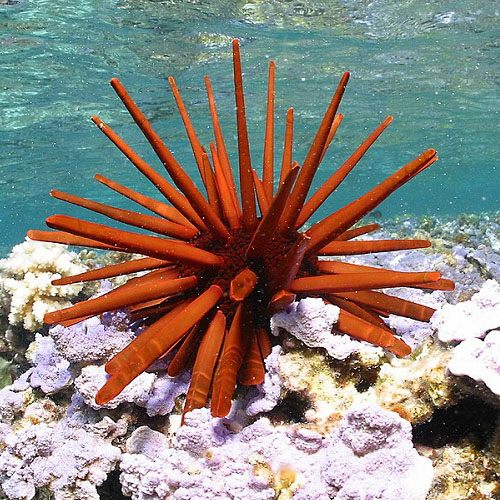
Tags: fish stocks, IOF students, Marine protected areas, ocean economy, Research, Sea Around Us, small-scale fisheries
Knowledge provided by local non-governmental organizations, academics, civil servants, journalists, and fishers can be valuable for evaluating the effectiveness of countries’ marine protected areas.
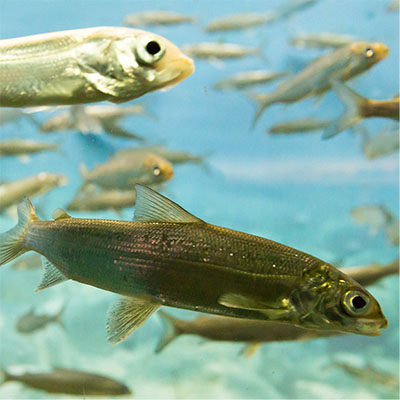
Tags: climate change, Daniel Pauly, fish stocks, Gill Oxygen Limitation Theory (GOLT), Sea Around Us
A physiological explanation and an evolutionary explanation related to the moment fish become sexually active – and spawn for the first time – have turned out to be two sides of the same coin
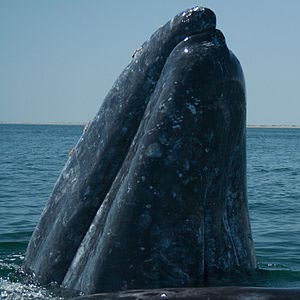
Grey whales face many threats ranging from entanglements and ship strikes, to loss of habitat and reduced prey availability. Researchers are collecting data this summer needed to quantify and mitigate these threats.
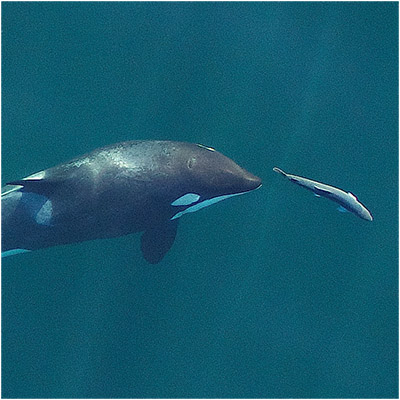
Tags: British Columbia, Carl Walters, climate change, faculty, food security, IOF students, killer whales, Pacific, salmon, sea lions, Villy Christensen, whales
The animals have been in an energy deficit, averaged across spring, summer and fall, for six of the last 40 years.
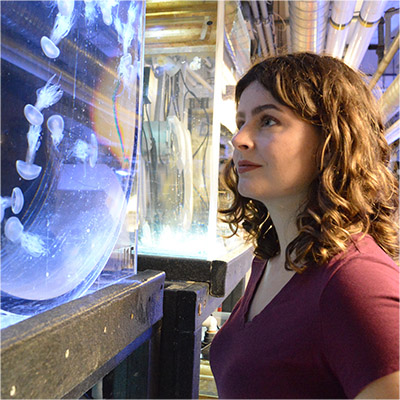
Tags: Aboriginal fisheries, awards, Indigenous fisheries, Indigenous Knowledge, IOF students, jellyfish
UBC doctoral student Jessica Schaub is about to set off on an international tour of jellyfish
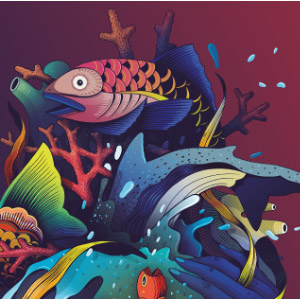
Tags: CORU, FERU, IPCC, Marine protected areas, NGO, overfishing, policy, Rashid Sumaila, United Nations (UN), William Cheung
Dr. William Cheung & Dr. Rashid Sumaila are off to Portugal for the United Nations Ocean Conference (UNOC), being held June 27 to July 1. Will participate in special side event: Fisheries Management as Climate Action, on June 26.
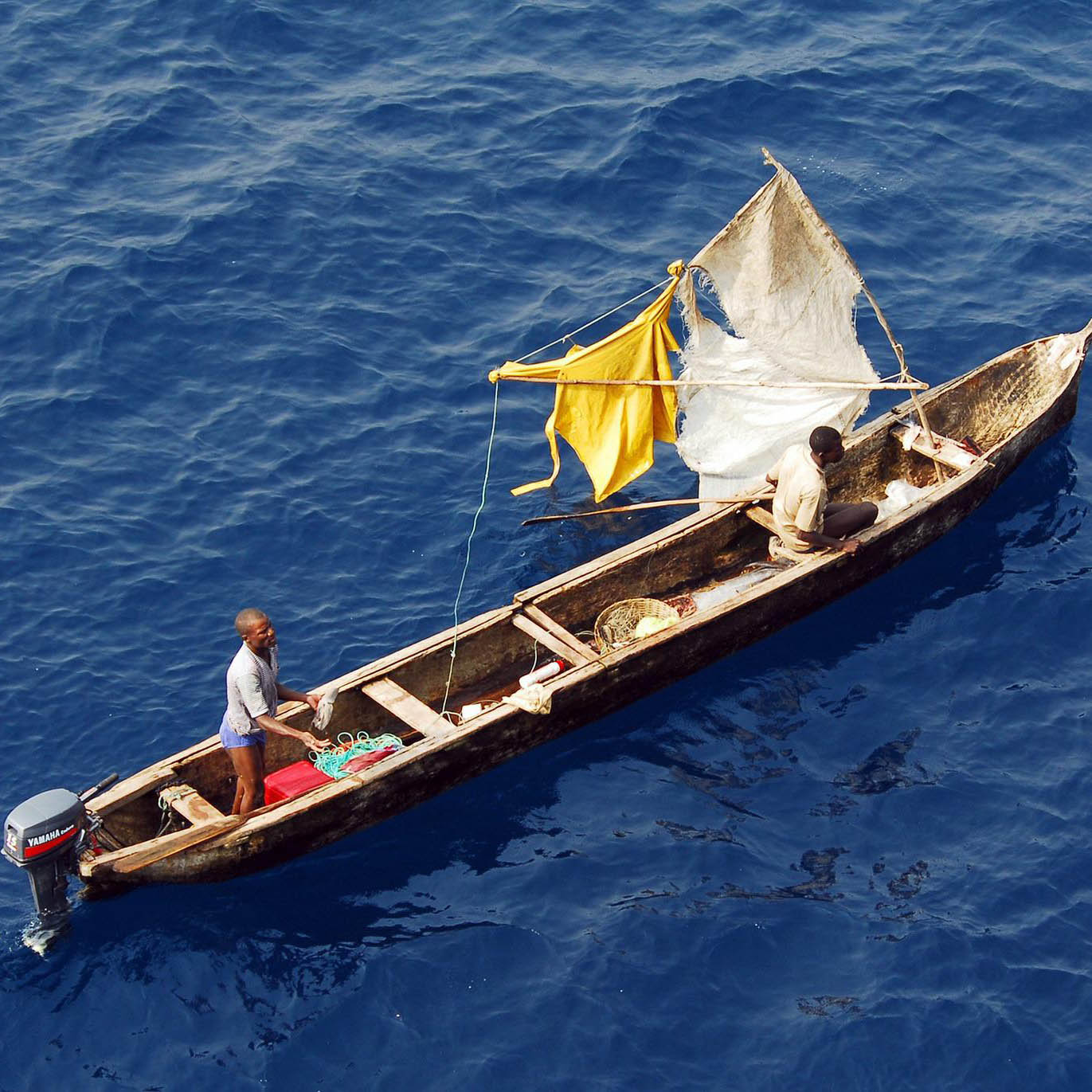
An international team led by UBC researchers will study five case studies across five continents to model a range of solutions to an urgent question: how can we feed everyone on Earth, and those to come, sustainably?
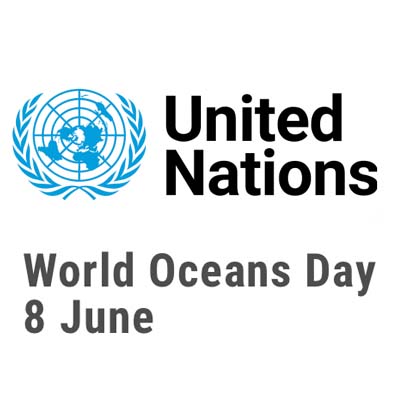
Stirling works with six Lower Fraser First Nations for her project, which investigates how single-celled algae may be linked to salmon abundance. Although Indigenous Peoples are increasingly working collectively to solve environmental problems that affect Earth’s oceans, challenges remain when it comes to collaborating with the Canadian government, she says.